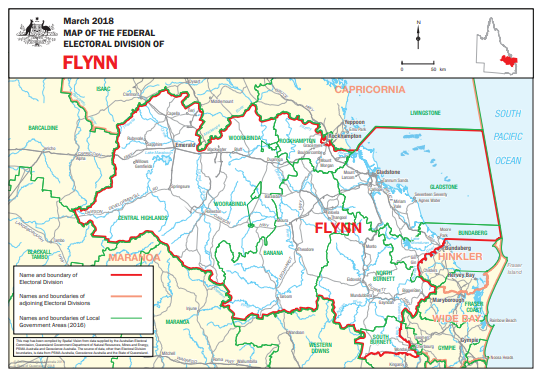|
|
|
|
| Adam Carr's Election Archive
|
Australian federal election, 2022
Division of Flynn, Queensland
Named for: Rev John Flynn (1880-1951), Presbyterian minister and
founder of the Royal Flying Doctor Service
Central Queensland coast: Biloela, Gayndah, Gladstone, Gracemere, Mount Morgan
State seats: All of
Gladstone, parts of
Burnett,
Callide,
Gregory,
Mirani and
Rockhampton
Local government areas: All of
Banana,
Central Highlands,
Gladstone,
North Burnett and
Woorabinda,
parts of
Bundaberg,
South Burnett and
Rockhampton
Borders with:
Capricornia,
Hinkler,
Maranoa and
Wide Bay
Enrolment at 2019 election: 103,056
Enrolment at 2022 election: 109,075 (+05.8)
2018 same-sex marriage survey: Yes 51.5
Sitting member: Ken O'Dowd (Nationals):
Elected 2010, 2013, 2016, 2019. Retiring 2022
2007 Labor majority over Nationals: 0.2%
2010 Nationals majority over Labor: 3.6%
2013 Nationals majority over Labor: 6.5%
2016 Nationals majority over Labor: 1.0%
2019 Nationals majority over Labor: 8.7%
Nationals two-party vote 1983-2019
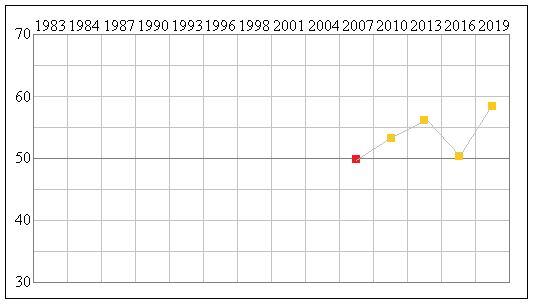
Status: Fairly safe Nationals
Best Nationals booths, two-party vote: Mondure (88.6), Taroom (88.6), Rolleston (86.3), Banana (85.9),
Springsure (85.9)
Best Labor booths, two-party vote: Woorabinda (71.2), Kin Kora (61.9), Baree (60.7), Gladstone South (60.3),
Gladstone West (59.7)
2019 results
Statistics and history
Candidates in ballot-paper order:
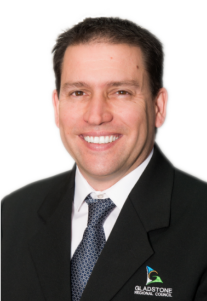 |
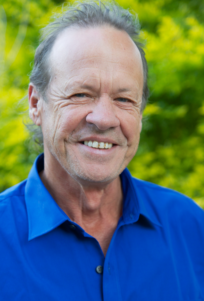 |
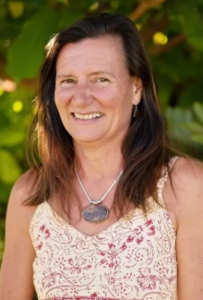 |
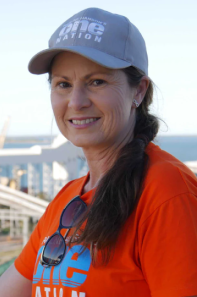 |
1. Matt Burnett
Australian Labor Party |
2. Paul Bambrick
Australian Greens |
3. Carla Svendsen
Great Australian Party |
4. Sharon Lohse
Pauline Hanson's One Nation |
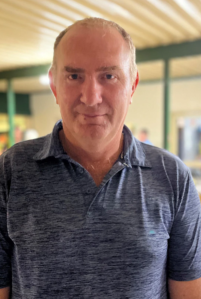 |
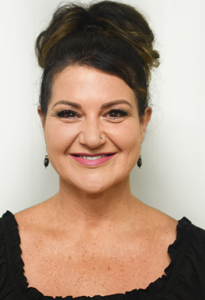 |
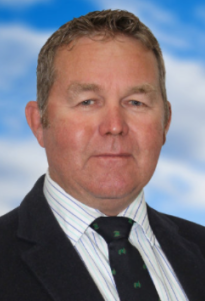 |
5. Duncan Scott
Independent |
6. Tanya Wieden
United Australia Party |
7. Colin Boyce
The Nationals |
Candidate websites:
Paul Bambrick
Colin Boyce
Matt Burnett
Carla Svendsen
Tanya Wieden
Division of Flynn
Flynn was created by the 2006 redistribution, from parts of the old seats of
Capricornia,
Hinkler,
Maranoa and
Wide Bay. Its largest centre is the
industrial and mining port of Gladtone, and it runs inland through rural centres such as Monto and Eidsvold to the mining towns of Emerald
and Blackwater. It also includes the rural Burnett Valley and some Rockhmapton suburbs. Flynn has the usual rural mix of low median family incomes,
a low level of people in professional and managerial occupations and a low proportion of non English speaking households. Over 12% workforce is
employed in agriculture.
The Gladstone-Mount Morgan area is a Labor stronghold: even in 2013, Labor won every booth in this area by a wide margin. Outside Gladstone,
however, Labor's only strong areas are Blackwater and the Indigenous shire of Woorabinda. The rural parts of the seat vote overwhelming for the
Nationals.
Chris Trevor's win for Labor in Flynn in 2007 was one of the upsets of the election, and the recovery of the seat by the Nationals in 2010 was no surprise.
Labor came close to winning Flynn again in 2016, but in 2019, as in other Queensland regional seats, the Nationals majority blew out to
over 8%.
Ken O'Dowd, Nationals MP for Flynn since 2010, was a timber and hardware merchant before his election. He has been one of the Parliament's most
inconspicuous backbenchers. He will retire in 2022. The Nationals now have a fairly comfortable margin in Flynn, and Labor will need to improve greatly their vote outside
Gladstone if they are to regain the seat.
In July the Nationals chose Colin Boyce, the state member for Callide since 2017, as their new candidate. The Labor candidate is Matt Burnett,
the Mayor of Gladstone. The Greens candidate is Paul Bambrick, an architectural technician.
Demographics:
Median weekly household income: $1,384 (Australia $1,438)
People over 65: 13.0% (Australia 15.8%)
Indigenous: 5.3% (Australia 2.8%)
Australian born: 79.0% (Australia 66.7%)
Ancestry: German 5.4%
Non-English-speaking households: 5.9% (Australia 22.2%)
Catholics 21.6% (Australia 22.6%)
No religion 24.6% (Australia 29.6%)
University graduates: 9.7% (Australia 22.0%)
Professional and managerial employment: 25.4% (Australia 35.2%)
Employed in manufacturing and construction: 24.1% (Australia 22.9%)
Employed in agriculture: 12.4% (Australia 3.3%)
Paying a mortgage: 33.2% (Australia 34.5%)
Renting: 33.8% (Australia 30.9%)
Traditional families: 32.5% (Australia 32.8%)
Back to main page
| |

